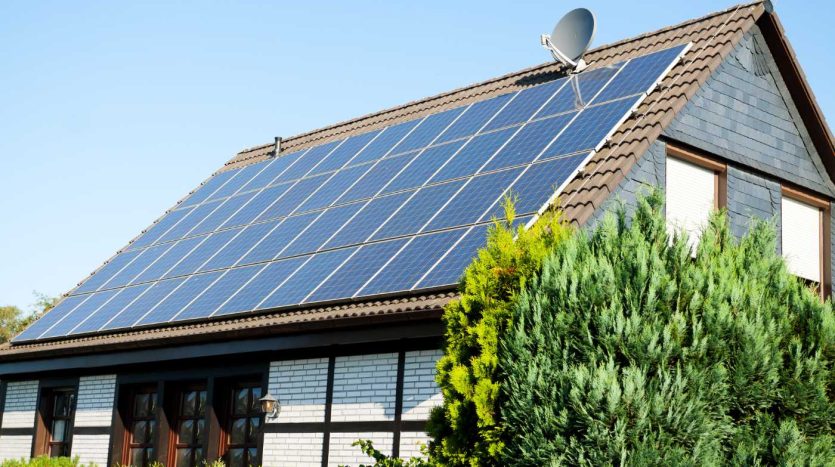Solar System in Pakistan: Cost, Benefits & Installation Guide 2025
The demand for solar system in Pakistan is growing rapidly. With increasing electricity prices and frequent power outages, solar energy is becoming a reliable solution.
This guide will explain the cost of solar panels in Pakistan, their benefits, installation process, and government support for renewable energy in 2025.
Why Solar System is Popular in Pakistan?
Pakistan faces two major problems: expensive electricity and load shedding. Solar energy solves both issues.
A solar system in Pakistan provides clean energy, reduces dependency on WAPDA or KE, and lowers monthly bills.
Cost of Solar System in Pakistan (2025)
The cost of solar panels depends on the system size and quality.
- 3kW System – Ideal for small homes. Price: PKR 650,000 – 750,000
- 5kW System – Good for medium households. Price: PKR 1,000,000 – 1,200,000
- 10kW System – Best for large homes and offices. Price: PKR 2,000,000 – 2,300,000
Tip: Imported solar panels are more expensive but provide higher efficiency.
Types of Solar Systems in Pakistan
1. On-Grid Solar System
- Connected to the national grid.
- Excess electricity is exported.
- Reduces electricity bills.
2. Off-Grid Solar System
- Works with batteries only.
- Useful in rural areas with no grid access.
- Higher cost due to batteries.
3. Hybrid Solar System
- Combination of on-grid and batteries.
- Reliable backup during load shedding.
- Best option for urban households.
Best Cities for Solar Energy in Pakistan
- Karachi – High demand due to expensive KE bills.
- Lahore – Growing adoption in residential areas.
- Islamabad – Many government buildings using solar.
- Multan & Bahawalpur – Perfect for large solar farms due to high sunlight.
Installation Process of Solar Panels
Installing a solar system in Pakistan is simple but requires expert support.
- Energy Audit – Calculate your monthly consumption.
- System Design – Select the right capacity (3kW, 5kW, 10kW).
- Quotation – Get estimates from trusted solar companies.
- Installation – Panels are fixed on rooftop with inverter setup.
- Net Metering – Apply to sell extra electricity back to the grid.
Government Policies & Net Metering
The government of Pakistan supports solar adoption.
- Net Metering allows homeowners to sell unused electricity to KE or WAPDA.
- Many banks are offering solar financing with easy monthly installments.
- Renewable energy projects are being promoted under the NEPRA Renewable Policy.
Benefits of Solar System in Pakistan
- Saves up to 80% on electricity bills.
- Provides backup during load shedding.
- Eco-friendly and reduces carbon footprint.
- Increases property value.
- Long-term investment with high ROI.
FAQs about Solar System in Pakistan
Q1: What is the average life of a solar panel?
Most solar panels last 20–25 years with proper maintenance.
Q2: Can solar panels work during cloudy weather?
Yes, they still produce electricity but at reduced efficiency.
Q3: How much can I save on electricity bills with a solar system?
A 5kW system can reduce bills by up to 70–80%.
Q4: Do I need batteries for my solar system?
Not always. On-grid systems don’t need batteries, but hybrid/off-grid do.
Q5: Is net metering available in Karachi?
Yes, Karachi Electric (KE) offers net metering for residential and commercial users.
Conclusion
The future of solar system in Pakistan is bright. Falling prices, government support, and high sunlight availability make it the best choice for homeowners and businesses.
If you want to reduce electricity bills and secure long-term energy independence, investing in a solar system in Pakistan in 2025 is the smartest move.


